Getting a large chunk of money back after filing your taxes is always exciting! But after the euphoria of a big payday wears off, the next question becomes: how do I spend this money? We’ve done the thinking for you.
Here are 5 smart things to do with your tax refund:
- Start an emergency fund
- Pay off debt
- Invest in tax-advantaged accounts
- Invest in a standard brokerage account
- Invest in yourself
Keep reading to learn which option is best for you that will help you grow your money long-term.
Start or Contribute to an Emergency Fund
Life happens – your car needs repairs, you have medical expenses, or your cat needs to go to the vet for the umpteenth time. So, consider using your tax refund to restock your emergency fund in preparation for any unexpected costs that may lie ahead.
If you’ve never heard of an emergency fund, starting one should be your first priority. Essentially, it’s a savings account that you only use for emergencies. That way, when an unexpected expense comes up, you don’t have to go into debt by putting it on a credit card.
While opinions differ on how much you should save, most experts agree that you should keep 3 – 6 months of living expenses in your emergency fund.
It’s a good idea to keep your emergency fund in a high-yield savings account. That way, it will be earning money without you having to do anything.
Pay Off Debt
While this isn’t the sexy option, it’s usually the most effective. If you have debt, especially credit card debt, your tax refund should go towards paying that off. This includes student loans, personal loans, and even your mortgage.
If the interest rate on your debt is greater than 5%, you are generally better off using the extra money from your tax refund to pay off that debt than investing that excess money. This is because you’ll save more on interest by paying down debt than the amount you’d earn investing it.
Invest in a Tax-Advantaged Account
If you don’t want to end up paying taxes on money given back to you by the IRS, invest it in a tax-advantaged account! Depending on your financial circumstances, you may have two options:
- Roth IRA – In 2023, you can contribute up to $6,500 to a Roth IRA account (if you are earning less than $129,000 as a single filer, or $204,000 if married filing jointly). This money grows tax-free as long as you wait until 59 ½ to start taking distributions. However, you can always withdraw any funds you’ve put into the account without penalty.
- Health Saving Account – If you have a high deductible health plan with an HSA, you could contribute your tax refund to your health savings account. This works like an emergency fund, but it’s specifically for health expenses. You can even invest some of that money to let it grow for a later time when you may need it.
Invest in a Standard Brokerage Account
If you don’t qualify for a tax-advantaged account or have already contributed the maximum amount, consider investing your tax refund in a standard brokerage account. While you won’t get the same tax benefits, your money is still potentially growing.
To limit the taxes you may owe on any investment income, check out our article on avoiding taxes on investment income.
Invest in Yourself
Investments aren’t limited to just stocks and bonds. You can also make an investment that will benefit you and your family later on down the road. Some ways to invest in yourself include:
- Signing up for a course or class that will help you develop in your career or make a career move (you may be able to get a tax credit for this, as well).
- Making an improvement to your home that will increase the resale value.
- Purchasing a membership or piece of equipment to improve your physical health.
- Anything else that may improve your personal well-being or financial situation.
How to Avoid Getting a Tax Refund
While getting a large chunk of money after filing your taxes is undoubtedly fun, getting a tax refund is not always a good thing. Essentially, it means you’ve overpaid the government in taxes throughout the year. That’s money you could’ve been using all year long instead of waiting to get it back as part of a refund.
The tax professionals at FileSmart can help you find ways to save money on your taxes and avoid overpaying the IRS throughout the year. In addition, as a FileSmart member, you get access to a plethora of courses to help you improve your financial and tax situation. Sign up today to learn how to start saving money on your taxes!


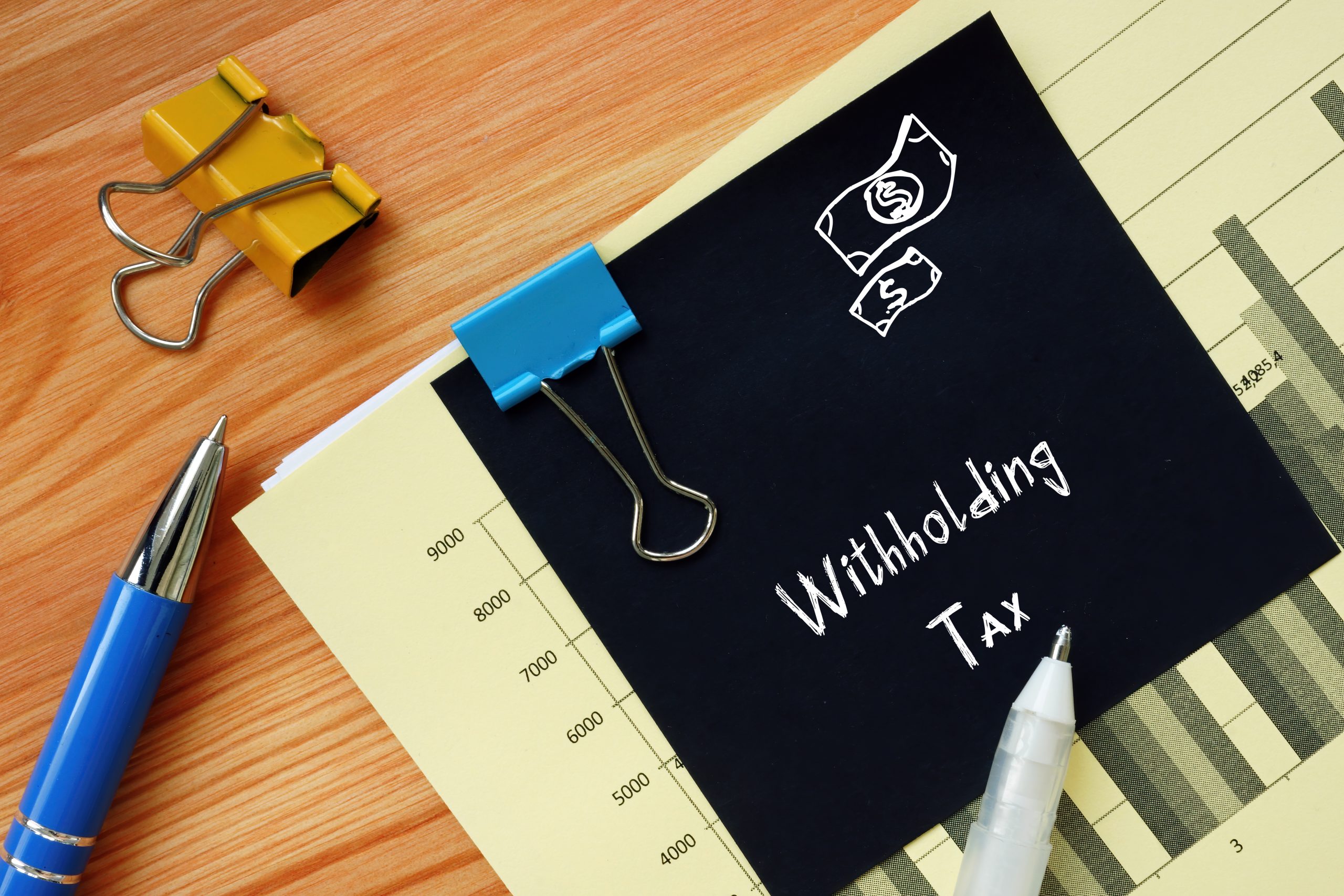
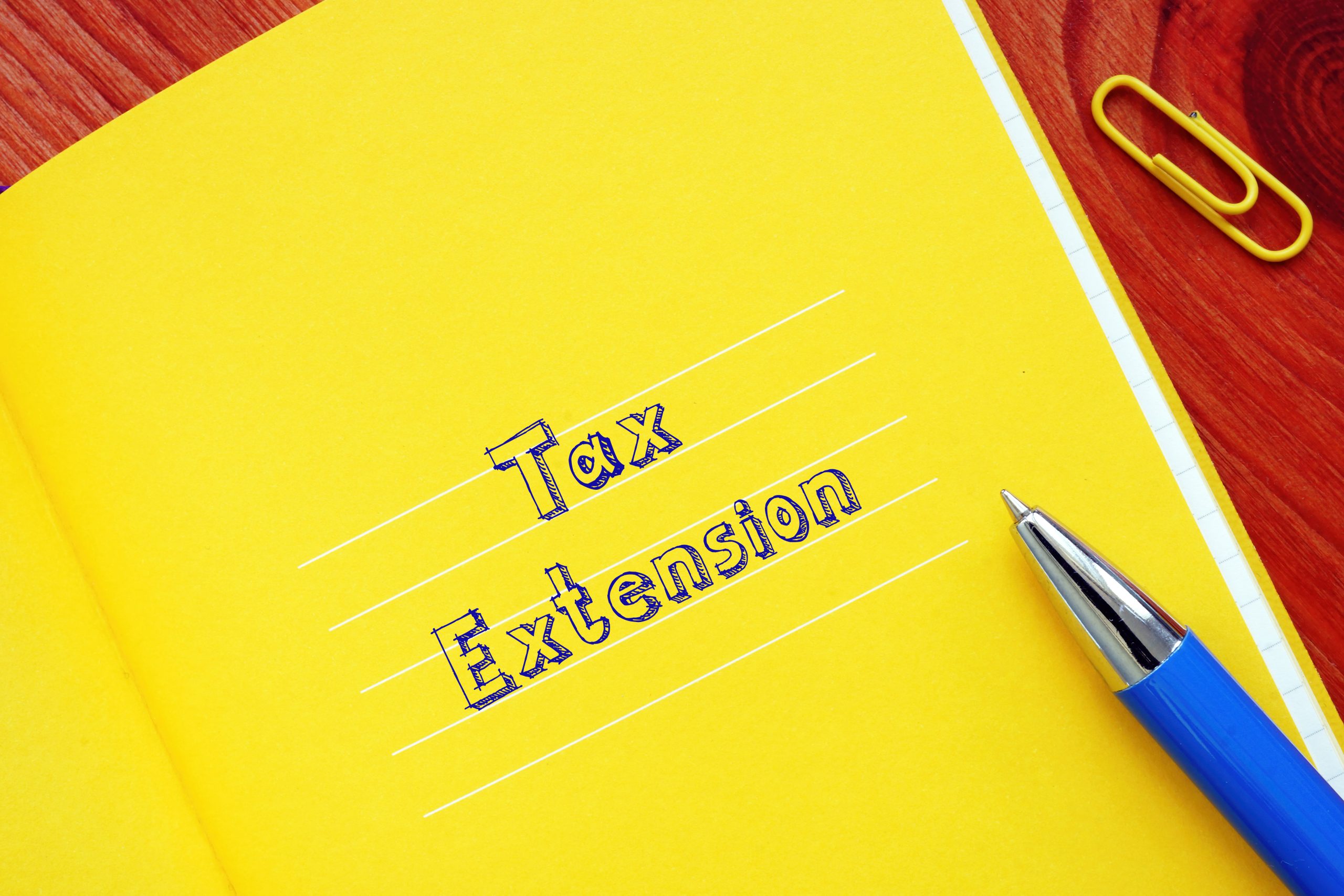





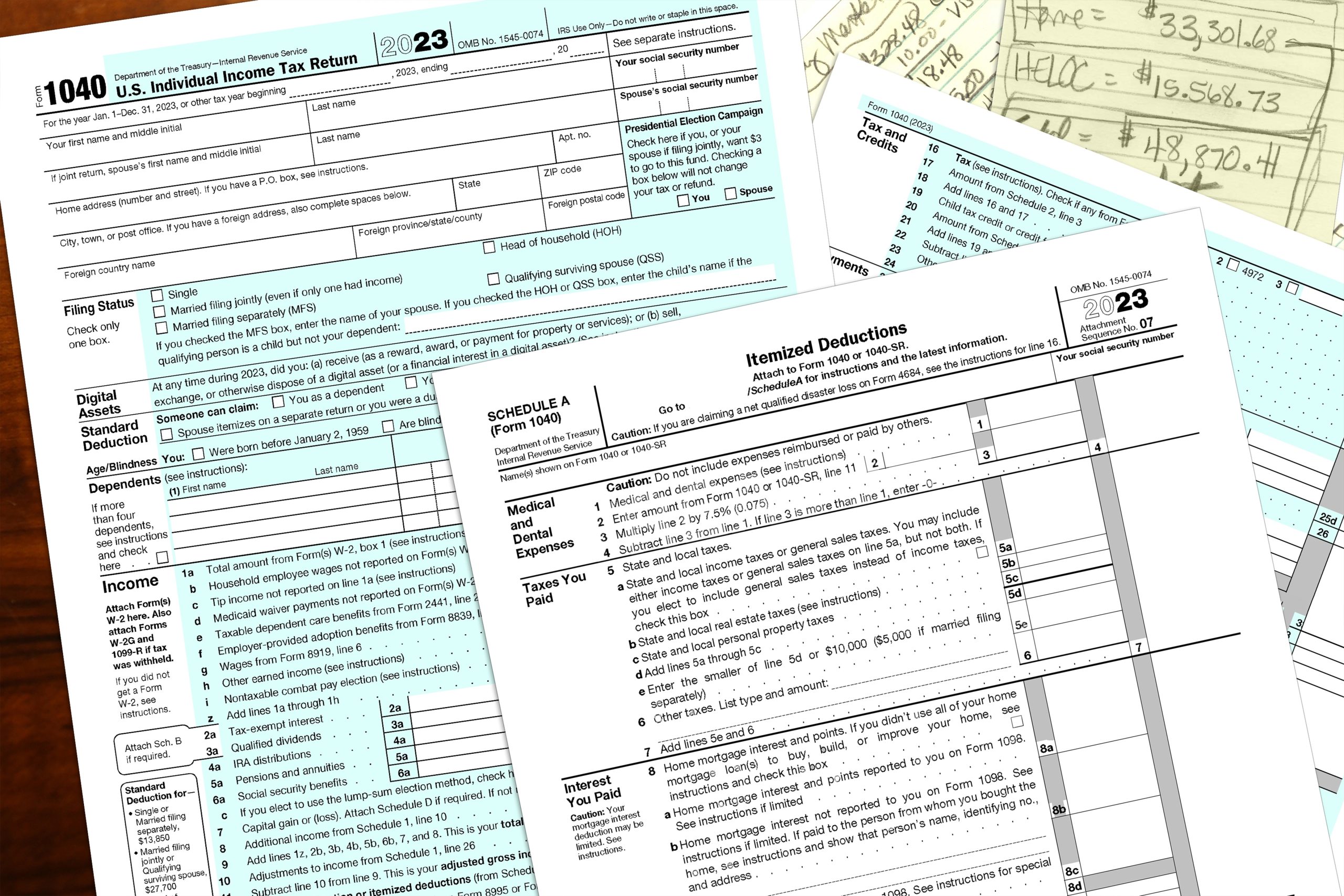
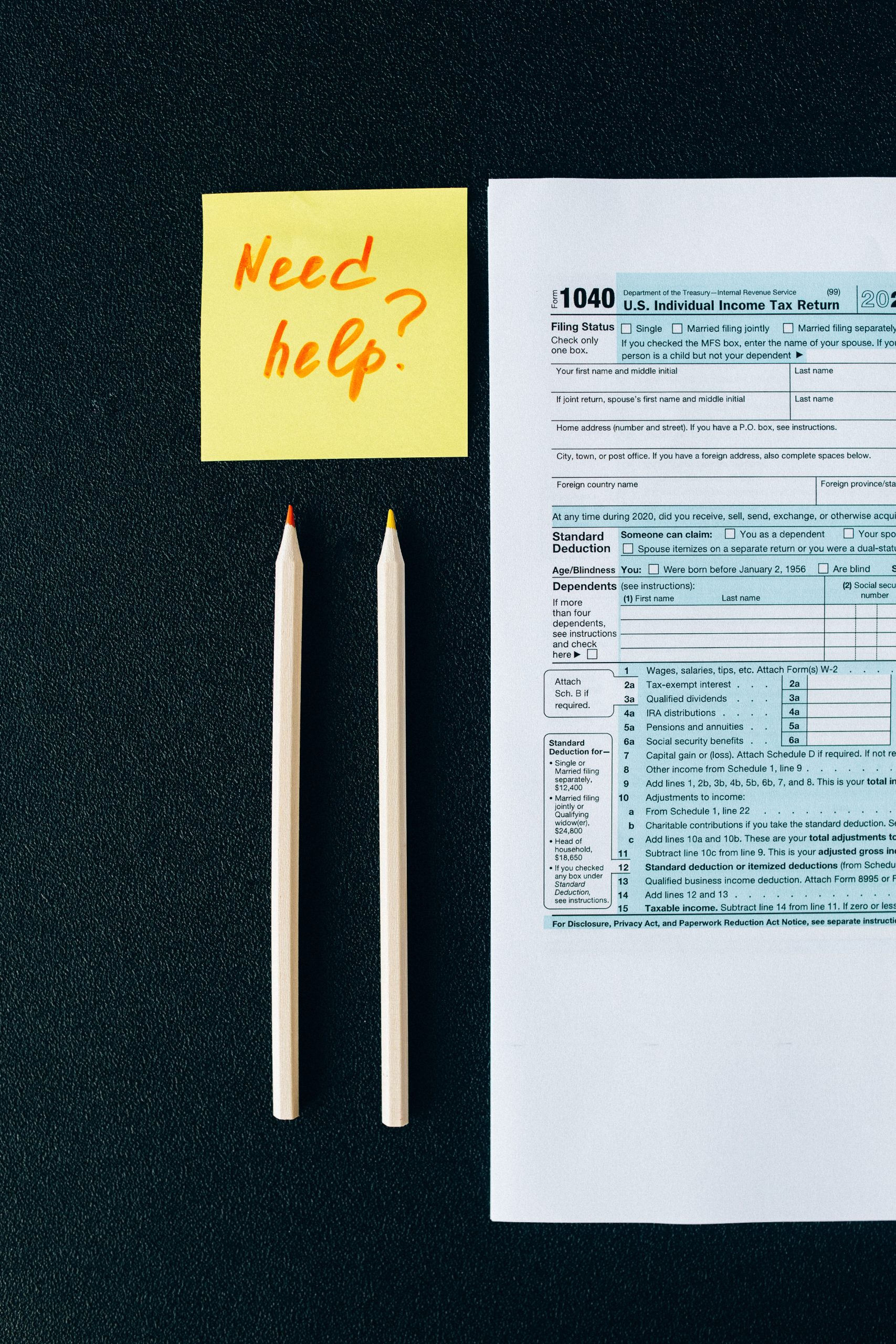



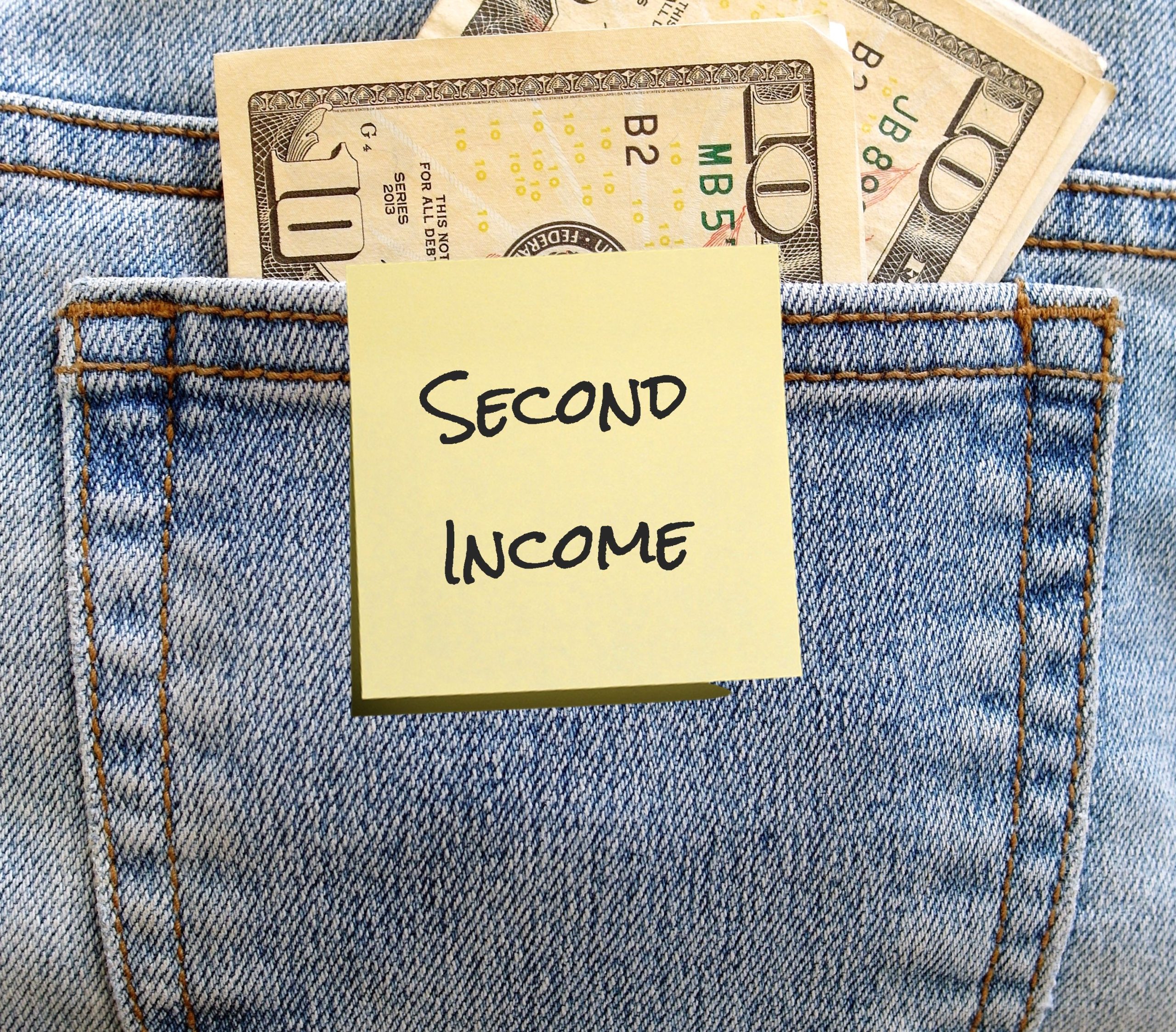





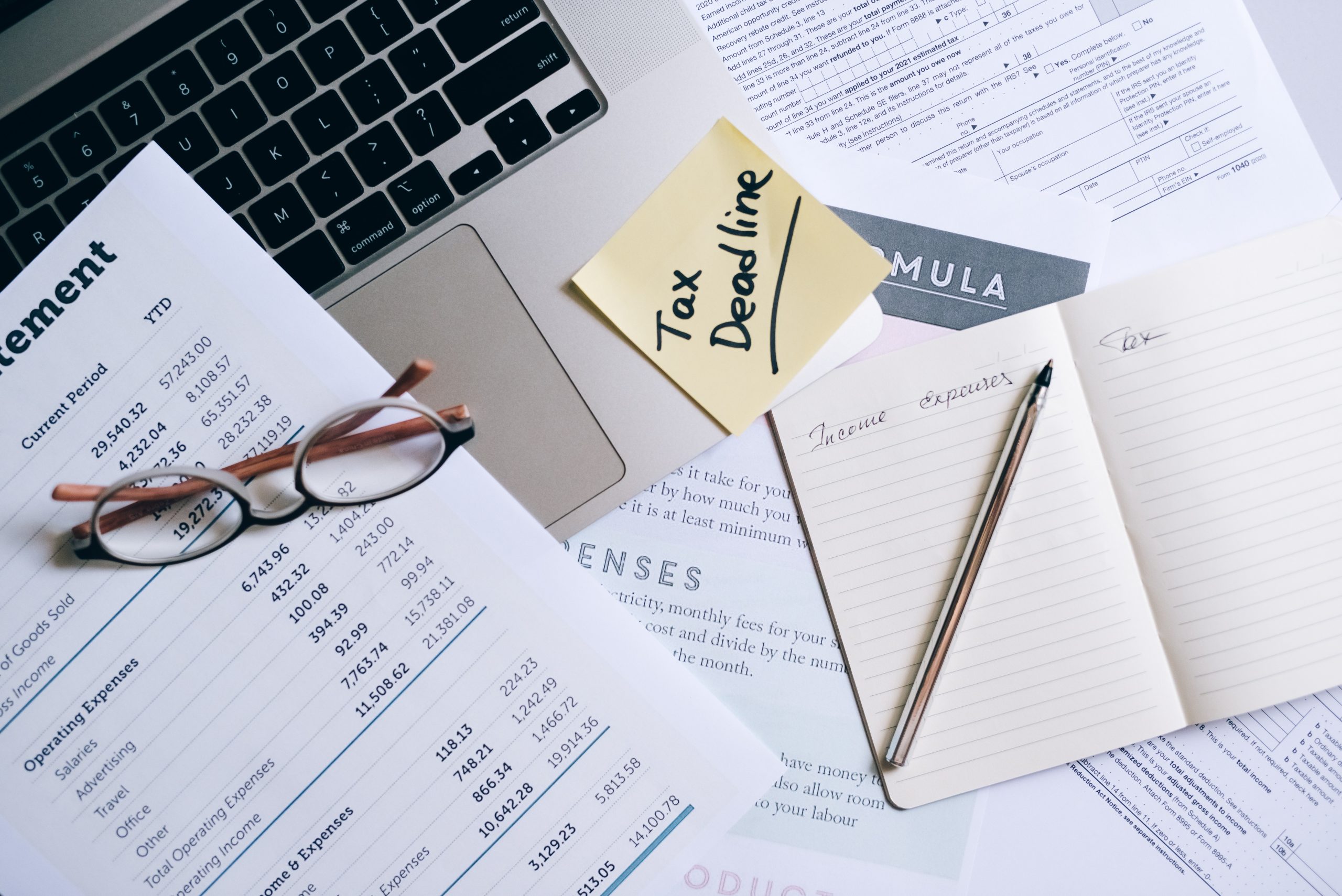










0